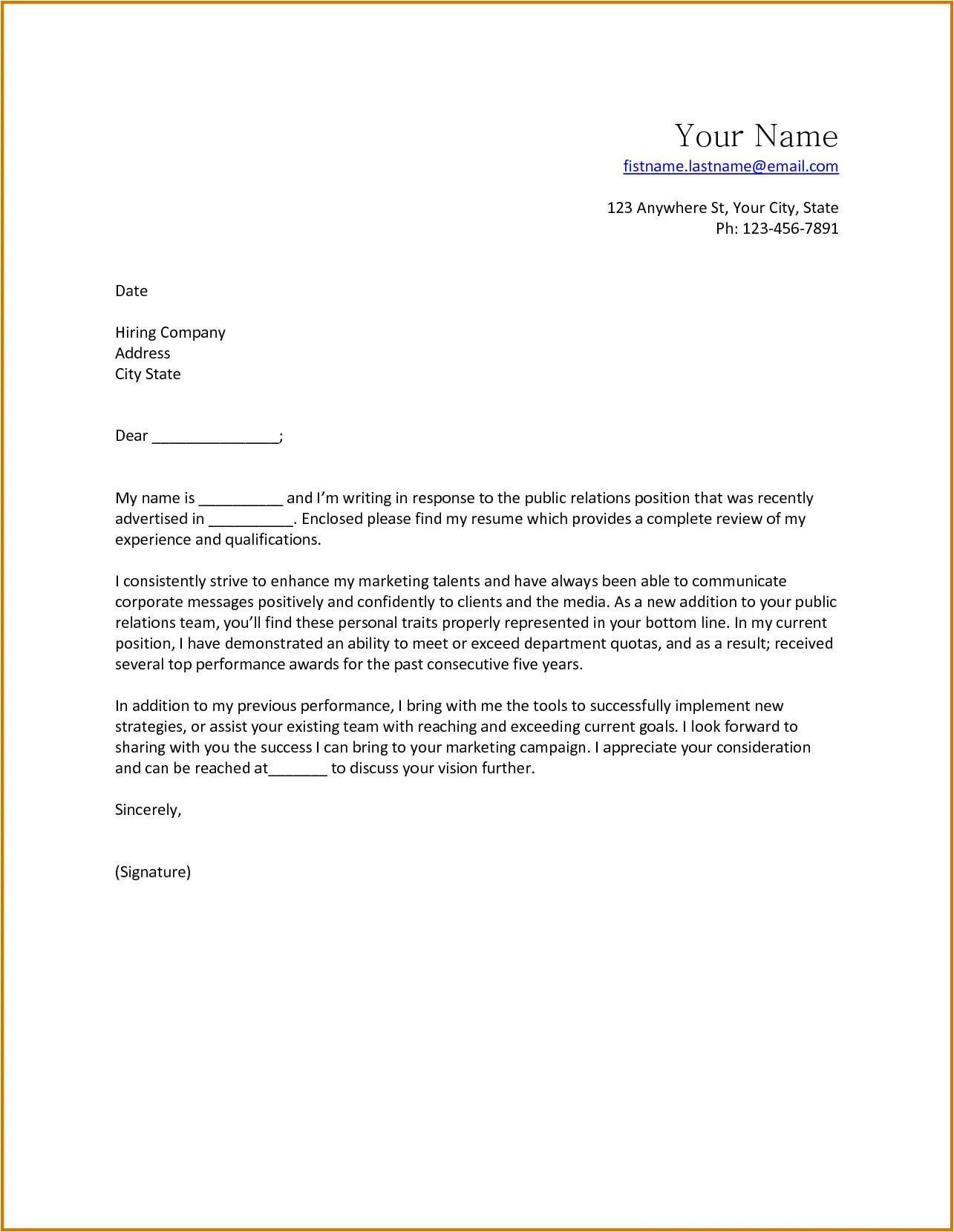Cover Letter for Interview Why It Matters
In the realm of job applications, the cover letter often plays a pivotal role. It serves as your initial introduction, a chance to make a strong first impression and set the stage for a potential interview. While a resume provides a snapshot of your experience and qualifications, a well-crafted cover letter offers the opportunity to showcase your personality, enthusiasm, and suitability for the specific role. It allows you to elaborate on your skills, explain your motivations, and demonstrate your understanding of the company and the position. A compelling cover letter can significantly increase your chances of securing an interview, making it an indispensable tool in your job search arsenal. Remember, a great cover letter isn’t just about repeating your resume; it’s about telling your story and connecting with the hiring manager on a personal level.
Highlighting Your Skills & Experience
One of the primary functions of a cover letter is to highlight the skills and experiences that align with the job requirements. This involves carefully reviewing the job description and identifying the key qualifications the employer is seeking. Then, in your cover letter, provide specific examples of how your past experiences and skills have equipped you to excel in the role. Quantify your achievements whenever possible; for instance, instead of saying “Managed projects,” specify the number of projects managed, the budgets involved, or the results achieved. Demonstrate how your skills have benefited previous employers, and emphasize how you can apply those skills to contribute to the success of the new company. This section is your opportunity to convince the hiring manager that you possess the necessary expertise to make a significant impact.
Tailoring to the Job Description
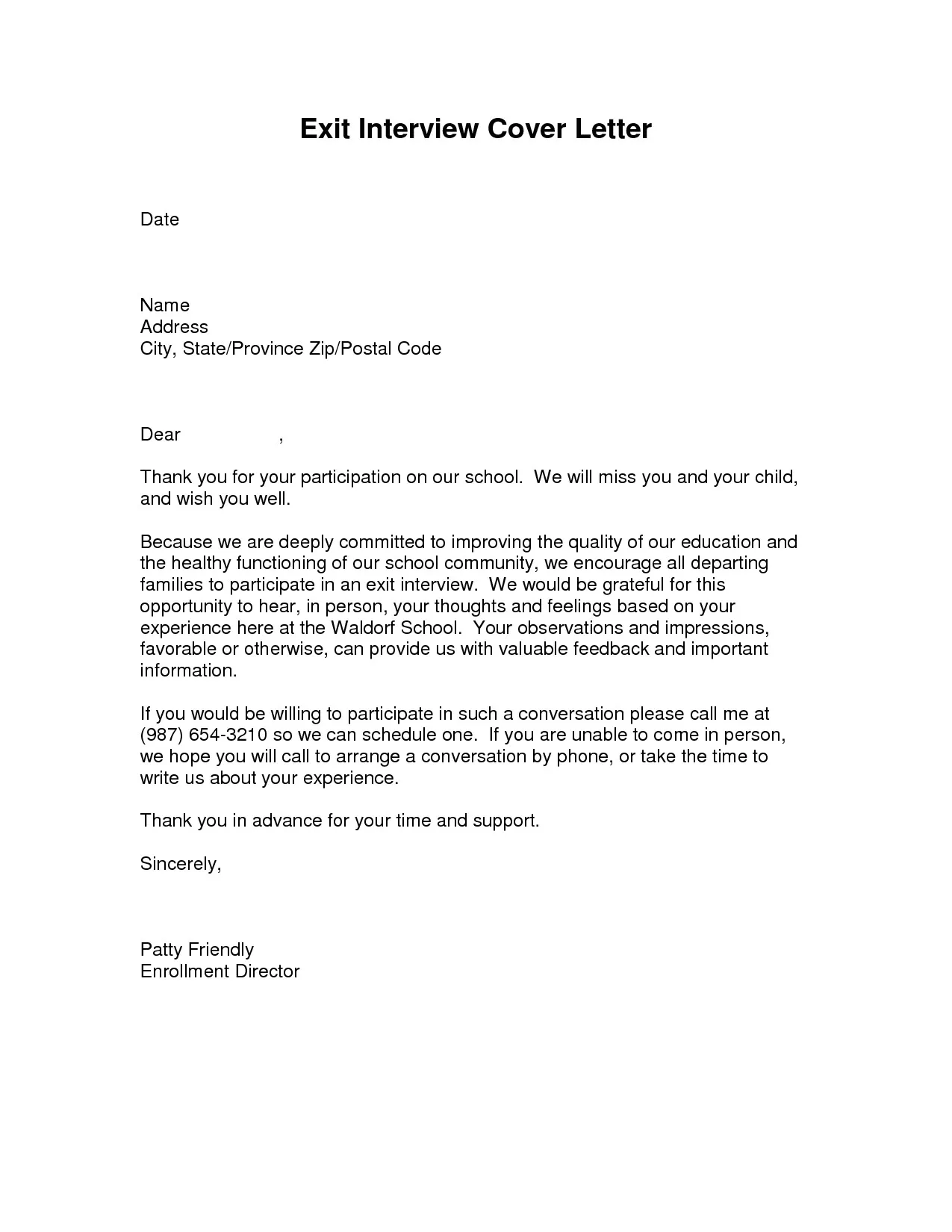
A generic cover letter is easily recognizable and often dismissed. To make your cover letter stand out, it is crucial to tailor it to each specific job application. This means carefully examining the job description and customizing your letter to address the specific requirements and desired skills. Use keywords from the job description to demonstrate that you understand the role and the company’s needs. Show that you’ve researched the company and understand their mission, values, and recent projects. By demonstrating a genuine interest in the specific opportunity and highlighting how your skills and experiences align with the company’s needs, you increase your chances of capturing the hiring manager’s attention and securing an interview. This personalized approach makes your application more compelling and shows that you are serious about the opportunity.
Showcasing Achievements
Instead of just listing your responsibilities, use the cover letter to showcase your achievements. Focus on the outcomes you have delivered in previous roles and quantify your accomplishments whenever possible. Provide specific examples of how you have exceeded expectations, solved problems, or contributed to the success of your past employers. Use the STAR method (Situation, Task, Action, Result) to structure your examples, providing context, explaining your role, describing the actions you took, and highlighting the positive results achieved. Demonstrating your past successes is a powerful way to convince the hiring manager that you can deliver similar results in the new role. Highlighting your achievements helps you stand out from the competition and gives the hiring manager a clear picture of the value you can bring to their organization. Remember to keep the focus on results and provide tangible evidence of your capabilities.
Formatting & Presentation
The formatting and presentation of your cover letter are just as important as its content. A well-formatted letter is easy to read and creates a professional impression. Choose a clear, readable font, such as Arial or Times New Roman, and use a font size between 10 and 12 points. Maintain consistent formatting throughout the letter, including margins, line spacing, and paragraph alignment. Use clear headings and subheadings to break up the text and make it easier for the reader to scan. Keep the tone professional, avoid excessive jargon, and use concise and impactful language. Ensure that your cover letter is well-organized, with a clear introduction, body, and conclusion. A polished presentation shows that you pay attention to detail and take pride in your work, which are important qualities for any job applicant. It also helps the hiring manager quickly grasp the key information and understand your suitability for the role.
Choosing the Right Tone
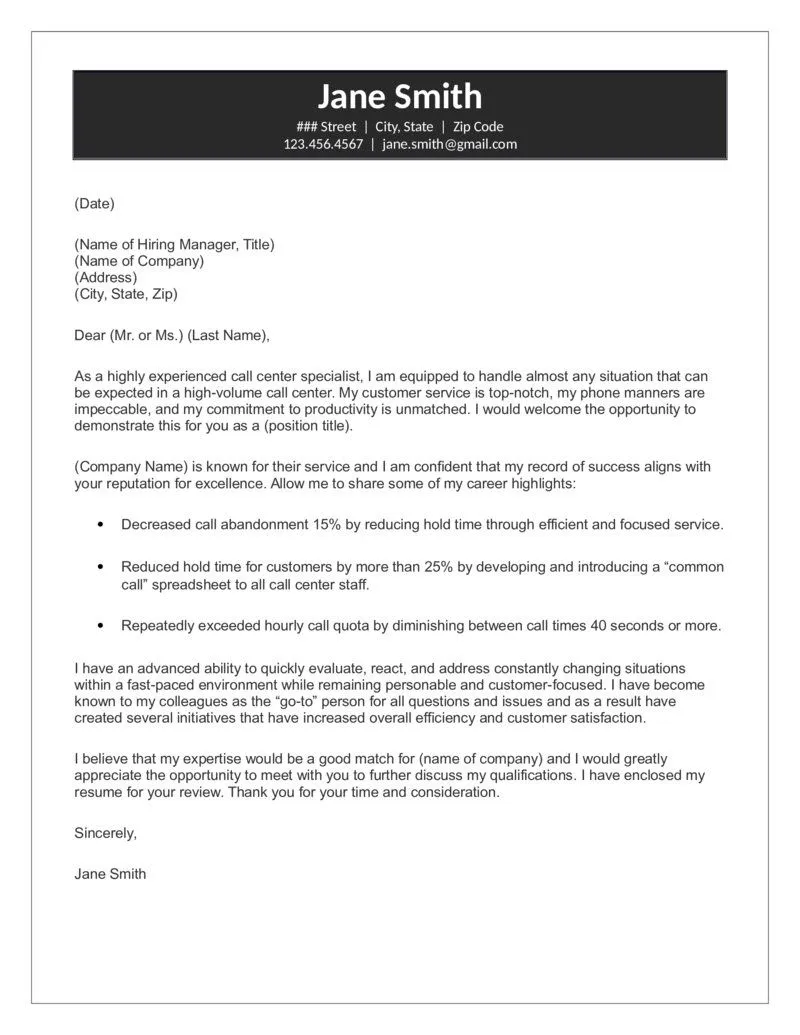
The tone of your cover letter should be professional yet engaging. It should reflect your personality and enthusiasm for the opportunity, while maintaining a respectful and courteous demeanor. Avoid being overly casual or informal, and steer clear of slang or jargon. Use a positive and confident tone, focusing on your skills and achievements rather than expressing any negativity or desperation. Demonstrate your understanding of the company and the position, and convey your excitement about the opportunity to contribute. A friendly and enthusiastic tone makes you more approachable and memorable, which is essential in making a positive impression on the hiring manager. Your tone should reflect the company culture; research the organization to ensure your language aligns with their values and communication style. This will make it easier for the hiring manager to connect with you and imagine you as part of their team.
Proofreading and Editing
Typos, grammatical errors, and formatting mistakes can undermine your credibility and damage your chances of getting an interview. Before submitting your cover letter, meticulously proofread and edit it. Check for spelling errors, grammatical mistakes, and inconsistencies in formatting. Read the letter aloud to catch any awkward phrasing or unclear sentences. Ask a friend, family member, or career counselor to review your cover letter for a fresh perspective. Ensure that your letter is free of errors and presents you in the best possible light. Proofreading is a crucial step in the application process; it demonstrates your attention to detail and professionalism. A well-edited cover letter signals that you take your job search seriously and care about making a positive impression on the hiring manager. A flawless cover letter is a sign of your commitment to excellence and will greatly increase your chances of getting an interview.
Adding a Personal Touch
While professionalism is paramount, adding a personal touch can help your cover letter stand out from the crowd. Show your personality and enthusiasm for the role. Briefly mention something that genuinely interests you about the company or the position. It could be a specific project, a company value, or a recent achievement. Demonstrate that you have done your research and are genuinely excited about the opportunity. Avoid generic phrases and clichés; instead, write in your own voice and let your personality shine through. A personal touch helps the hiring manager connect with you on a more human level and makes your application more memorable. Adding a touch of personality can differentiate you from other candidates and signal that you are a good fit for the company culture. Remember, authenticity is key; be genuine and let your passion for the role come through.
Expressing Enthusiasm and Interest
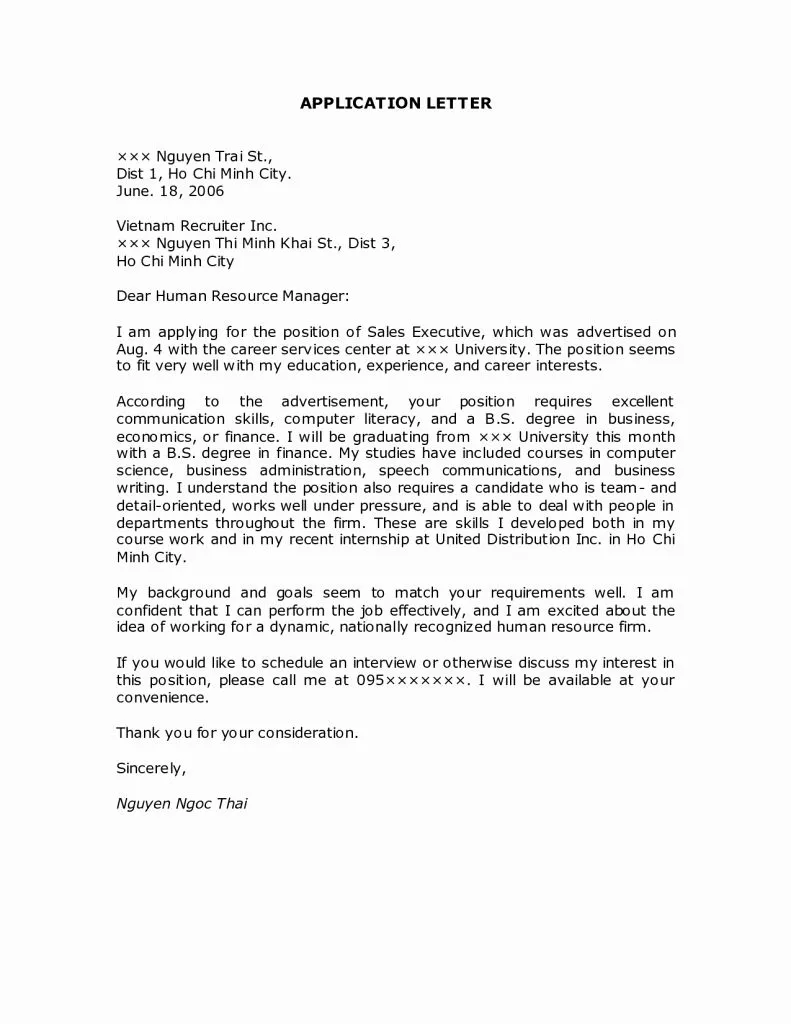
One of the most important elements of a cover letter is expressing your enthusiasm and genuine interest in the position and the company. Instead of simply stating your qualifications, convey your excitement about the opportunity to contribute to the company’s success. Clearly articulate why you are interested in the role and what aspects of the company and its mission resonate with you. Explain how your skills and experiences align with the company’s needs and how you can make a positive impact. Avoid generic statements; provide specific examples of how your skills and experiences align with the company’s needs. Your enthusiasm should shine through your writing. When you show your enthusiasm, the hiring manager is more likely to see you as a motivated and engaged candidate. Demonstrating enthusiasm is a key component in making a positive and lasting impression. A genuine expression of interest can be the deciding factor in securing an interview.
Mentioning Mutual Connections
If you have any mutual connections with the company or anyone working there, consider mentioning them in your cover letter. This can provide a valuable point of connection and strengthen your application. If you were referred by someone, be sure to mention their name and your relationship to them. If you know someone who works at the company, briefly mention your connection and express your shared interest in the organization. However, make sure to obtain permission from the connection before mentioning their name. A referral or personal connection can significantly increase your chances of getting your application noticed. Including a relevant connection is a way to show that you are connected to the company and a possible asset to them. Make sure the connection is relevant and adds value to your application. This can help you stand out from the competition and increase your chances of securing an interview.
Call to Action & Closing
The closing of your cover letter is an opportunity to summarize your interest and encourage the hiring manager to take the next step. Thank the hiring manager for their time and consideration. Reiterate your interest in the position and express your eagerness to discuss your qualifications further. Include a clear call to action, such as inviting them to contact you for an interview or providing your contact information. Maintain a professional and enthusiastic tone throughout the closing. A strong call to action leaves a lasting impression and encourages the hiring manager to follow up with you. This section of your cover letter should be concise, clear, and action-oriented. A well-crafted closing demonstrates your confidence and sets the stage for the next step in the hiring process. Be sure to thank the hiring manager for their time and consideration, and reiterate your enthusiasm for the opportunity.
Thanking the Recruiter
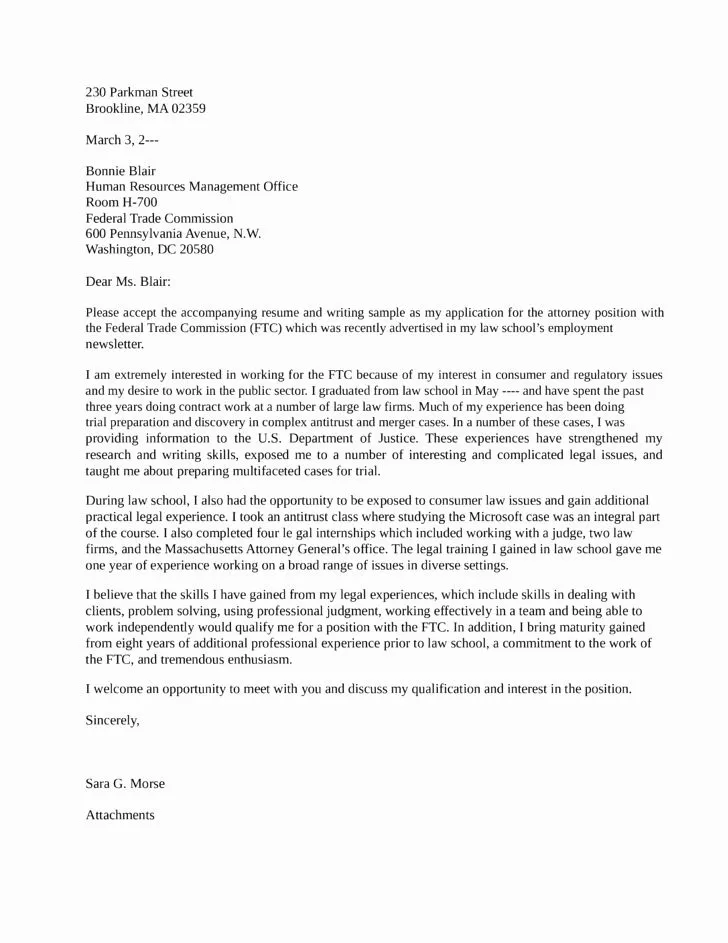
Expressing gratitude is a small but important gesture that can significantly impact your application. In your cover letter’s closing, thank the recruiter or hiring manager for taking the time to review your application. Show your appreciation for the opportunity to be considered for the position. A simple thank you shows your respect for their time and consideration. Acknowledging their time demonstrates professionalism and good manners. It leaves a positive impression and reinforces your interest in the opportunity. A well-placed thank you can set you apart from other applicants and show that you value their time. Expressing your gratitude is a key element in making a positive and lasting impression. It’s a small touch that can make a big difference in your application.
Providing Contact Information
Ensure that your contact information is readily available and easy to find. Provide your email address and phone number in the closing of your cover letter. Double-check that your contact information is accurate and up-to-date. Make it simple for the hiring manager to reach you. Ensure that your email address is professional and appropriate. Your contact information should be easily accessible and consistent with the information on your resume. Provide your contact information to facilitate communication. Provide a clear and easy way for the hiring manager to contact you. This demonstrates your eagerness for the opportunity and shows that you are accessible and responsive. Make it easy for the hiring manager to reach out to you for an interview.
Common Mistakes to Avoid
Avoiding common mistakes can significantly boost your application’s effectiveness. A well-crafted cover letter should avoid certain pitfalls that might diminish your chances of getting an interview. Pay close attention to these errors to present your application in the best possible light. Understanding the potential pitfalls helps you refine your cover letter and improve your overall job application strategy. Avoiding common mistakes shows attention to detail, professionalism, and a commitment to a successful job search. Remember, a polished cover letter is a reflection of your professionalism and diligence. Review your cover letter thoroughly to avoid common mistakes.
Generic Cover Letters
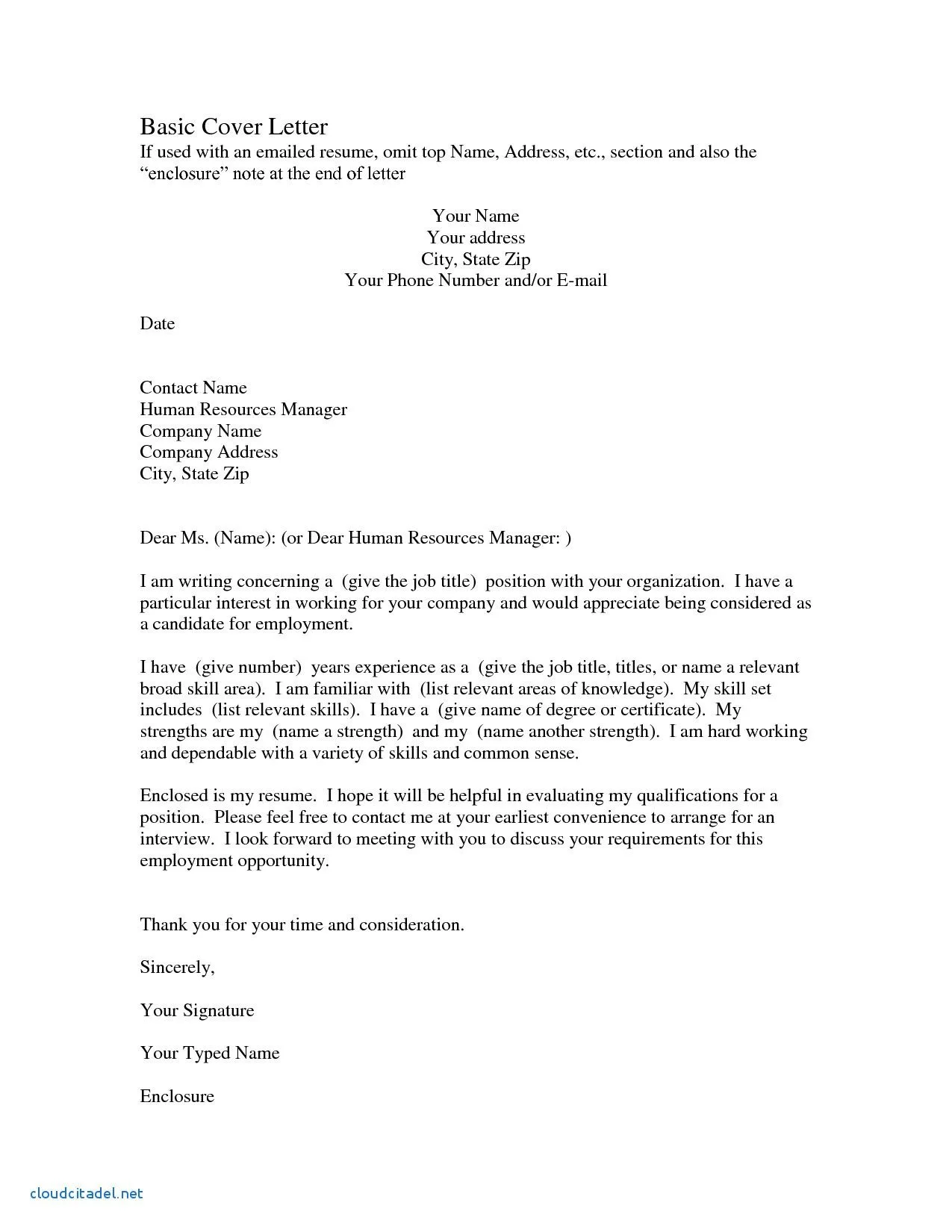
One of the most significant mistakes is using a generic cover letter. Generic cover letters are easily recognizable and demonstrate a lack of effort. They don’t address the specific requirements of the job or show any genuine interest in the company. Avoid using a template without customizing it to the specific role and organization. Customize your cover letter to each job application to show that you care about the specific opportunity. Generic cover letters demonstrate a lack of personalization and often fail to capture the hiring manager’s attention. They fail to make a unique impression and do not distinguish you from other candidates. Showing you understand the company’s needs and expressing genuine interest are essential to capture attention. Ensure your cover letter is unique and tailored to each job, and avoid submitting a generic one.
Typos and Grammatical Errors
Typos and grammatical errors can instantly undermine your credibility and make you look unprofessional. These errors signal a lack of attention to detail and can create a negative impression. Proofread your cover letter thoroughly to catch any spelling, punctuation, or grammatical mistakes. Have someone else review your letter to catch any errors you might have missed. Use spell-check and grammar-check tools, but don’t rely on them entirely. A well-written and error-free cover letter reflects your professionalism and commitment to excellence. Errors detract from your message and can damage your chances of getting an interview. Correcting these errors is an easy way to improve your application. A clean and error-free cover letter demonstrates your attention to detail and professionalism.
Focusing on “I” Instead of “You”
It is tempting to make the cover letter about yourself and your accomplishments. However, an overly self-centered cover letter can fail to resonate with the hiring manager. Shift the focus from your needs and desires to the needs of the company. Explain how your skills and experiences can benefit the organization and contribute to its goals. Use “you” language to emphasize the benefits you can bring to the company. Show how you can solve their problems and help them achieve their objectives. Focus on the value you can provide to the employer rather than simply listing your qualifications. A cover letter focused on the employer is more likely to resonate with the hiring manager. Demonstrating your understanding of their needs will boost your chances of making a positive impression. When the focus is on the value you can provide, you are more likely to get an interview.
In conclusion, a cover letter is a crucial part of your job application. By following the tips above, you can create a compelling cover letter that showcases your skills and experiences and increases your chances of securing an interview. Remember to highlight your relevant experience, tailor your letter to the specific job description, and express your enthusiasm. Also, pay close attention to formatting and presentation. Avoiding common mistakes like using generic letters, and typos is a must. A well-crafted cover letter shows that you are serious about the opportunity and helps you stand out from the competition. Take the time to craft a personalized cover letter, and you’ll be one step closer to landing your dream job.
